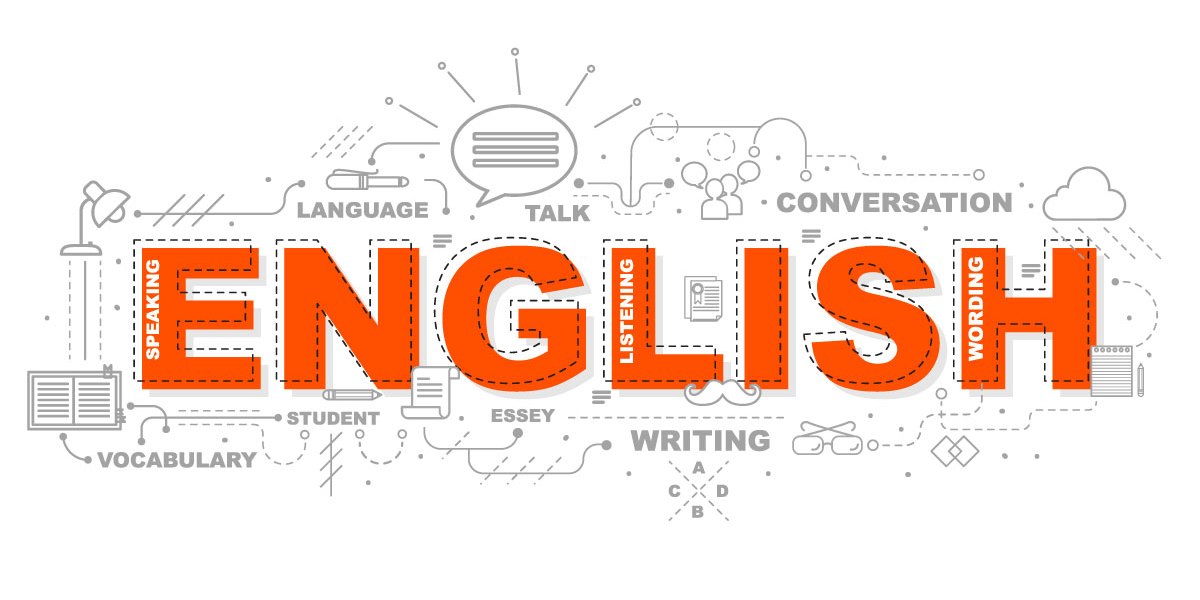Asking someone to define a word is one technique to check their vocabulary. Remember that every child learns at a different pace, so what works for other pupils might not work for yours. This is why self-paced, modularized lesson plans are so popular among parents to provide the best knowledge to their children. Vocabulary test is one of the most significant parts of vocabulary education. Moving on in your courses can be challenging if you don’t know how many words your students already know and how well they understand them.
Active processing can be emphasized by asking students to relate new meanings to terms they already know. You can skip classes that teach ideas your child already knows and have them repeat ones that they do not. The body of work from which the vocabulary to be tested is chosen determines whether a vocabulary evaluation is considered selective or comprehensive. A selected assessment is based on a single selection or chapter.
Reading comprehension and conceptual understanding are strongly connected to vocabulary knowledge.
Once students understand what a term means, they can use that knowledge to choose the correct word from a list of alternatives. Assessments that ask children to pick between related words might be a valuable tool for determining vocabulary competence. A test like this commonly confused words worksheet can reveal whether or not a student understands the definition of a word well enough to distinguish it from a similar term.
The student should know about how to use words in the Context
Assessing a student’s ability to use a word correctly in Context reveals whether or not they can apply their definition knowledge. One method to achieve this is to have students create simple phrases utilizing vocabulary words, then go over their work to see if they used the terms correctly.
A multiple-choice, fill-in-the-blank, or matching assignment is frequently used to test vocabulary at the end of a unit. Discrete vocabulary assessment is a type of explicit vocabulary evaluation. Words are chosen to be taught and examined separately, sometimes as a vocabulary test. Teachers can use discrete vocabulary assessments to examine students’ knowledge of tier two terms chosen for a lesson. These types of vocabulary evaluations are only surface-level measures of potential word knowledge.
Know about spelling words for 7th Grade
Knowing seventh grade vocabulary words helps you focus your spelling instruction and practice. Students can learn and digest knowledge more effectively through cooperative learning. Vocabulary learning with Jigsaw is a quick and effective way for children to acquire essential vocabulary items while collaborating with their peers.
However, many students may still need to brush up on their skills in some areas, such as adding suffixes like-able and -ible, generally confused words, frequently misspelled terms, and new vocabulary items. As seventh graders enjoy games, parents and teachers should use word games to teach children new words and spellings.
A vocabulary is a set of terms used in a particular language, culture, or discipline. Reading not only helps students learn a new language, but it also helps them grasp what they’re reading. The method vocabulary is taught is determined by the teacher’s assessment goals. Students are instructed to connect two words placed in the middle of a Venn diagram for this activity. Get the best vocabulary words from the below link:
Final thoughts
Teachers will not understand what lessons students require for progress unless they have a thorough comprehension of their students’ vocabulary word knowledge. Ensuring that kids are familiar with all of the evaluated terminology to answer test questions correctly is one of the more challenging components of vocabulary learning.
Parents should give students the academic vocabulary chart exam with important words already provided to ensure they comprehend the language incorporated in the test questions. You can use the results to personalize education once more if you don’t want to squander the time of my more advanced pupils when they may be working on more complicated assignments to expand their knowledge. At the same time, you don’t want to leave struggling students behind or discourage average students by assigning too complex assignments for their level. Proper education guidance is essential for the bright future of your child.
